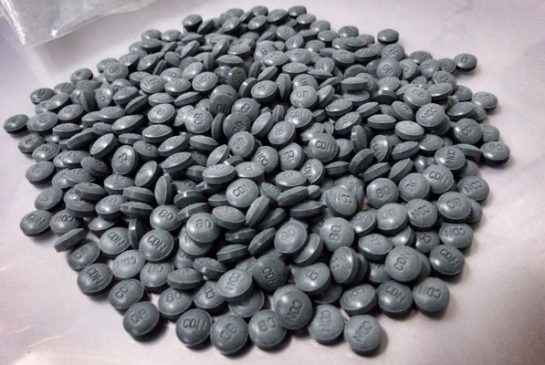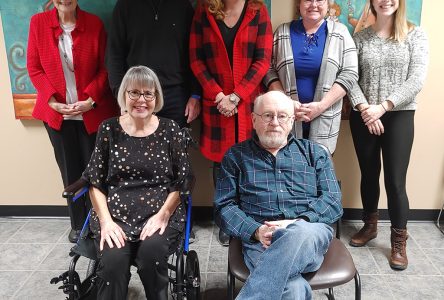CORNWALL, Ontario – The Eastern Ontario Health Unit (EOHU) is warning residents that an extremely dangerous opioid may have been added to some local street drugs after being alerted by a community partner that a urine sample tested positive for carfentanil.
Carfentanil is a highly toxic variation on fentanyl, an opioid that has been responsible for a dramatic increase in fatal overdoses across the country. Carfentanil was originally developed as a general anaesthetic for large animals, but is not safe for human use. It is 10,000 times more toxic than morphine, and a tiny amount of the drug can be lethal for humans.
In this case, both carfentanil and fentanyl are believed to have been hidden in other street drugs as the individual in question tested positive for both drugs, but did not knowingly consume either. For Dr. Paul Roumeliotis, Medical Officer of Health, this is cause for concern. “People who are using counterfeit medications or street drugs in our region may not realize that their drugs might have been cut with carfentanil, which can be deadly in tiny doses,” says Dr. Roumeliotis. He adds that it’s a dangerous time to experiment with street drugs. “As always, the safest option is not to use counterfeit medications or street drugs at all. You should only use medications that have been prescribed by your healthcare provider, and dispensed by a pharmacy.”
The EOHU is urging caution for people who do continue using street drugs. If abstinence isn’t a possibility, users can reduce their risks by never using alone, using only where help is available, not mixing drugs, and getting a free naloxone kit that can reverse the effects of an opioid overdose. To learn more about naloxone overdose prevention kits and where you can find them, visit the Fentanyl page of the EOHU’s website at www.EOHU.ca, or visit www.Ontario.ca/OpioidOverdose. You can also call the EOHU at 613-933-1375 or 1 800 267-7120.
As part of its public health mandate, the EOHU monitors the local situation regarding opioids and other drugs in the region in collaboration with a number of community partners.



